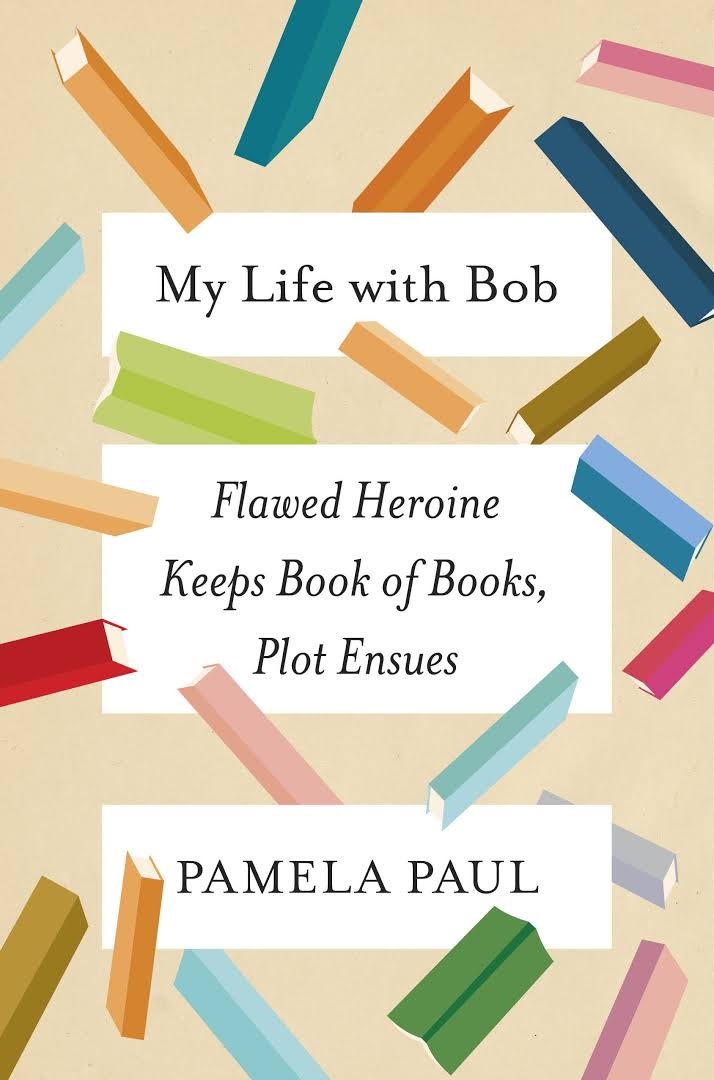 "Since 1988, Pamela Paul has recorded the title and author of every book she reads in a battered notebook she calls her Book of Books--the eponymous 'Bob' of her engaging memoir, My Life with Bob: Flawed Heroine Keeps Book of Books, Plot Ensues," Newsday reported Wednesday to introduce an interview with the author and New York Times Book Review editor.
"Since 1988, Pamela Paul has recorded the title and author of every book she reads in a battered notebook she calls her Book of Books--the eponymous 'Bob' of her engaging memoir, My Life with Bob: Flawed Heroine Keeps Book of Books, Plot Ensues," Newsday reported Wednesday to introduce an interview with the author and New York Times Book Review editor.
Although she had "kept diaries sporadically" earlier in her life, Paul said that they were not as interesting or helpful as her Book of Books while she was writing the memoir: "[W]hen I look back in Bob, I think, 'Yeah, I remember that exactly. I remember reading that, I remember where I was, I remember why I read it, I remember what I thought.' That all felt like me; Bob was a very reliable reference point."
I envy her. Reading the brief interview with Paul sparked some thoughts about my own reading life as well as my, for lack of a better term, not-reading life. I realized that even though I am a Bob, there is no "Bob" for me to consult. I've never kept journals or books-I've-read lists during my six decades as a reader. There are, of course, hundreds of titles scattered along the trail behind me, and some vivid memories: discovering the James Bond novels in high school; stumbling across a paperback edition of Aleksandr Solzhenitsyn's The First Circle on a pharmacy spinner rack in my small hometown; reading Somerset Maugham's The Razor's Edge at a particularly vulnerable moment in my life.
But no lists. Where have all the titles gone?
The upside, I suppose, is that there is also no hard evidence of all the books I never read and feel guilty about. This realization led me to consider the advantages of pretending to have read a book.
Here's a confession from my bookseller days: sometimes I fictionalized my reading history just a touch. Call it a retail survival skill. You can't be an idealist through an entire 8-hour shift. For example, a customer might ask if I'd read a particular novel. Not wanting to lose complex handselling momentum (Let those among you who haven't done this cast the first stone.), I might begin with a parrying move on the national ("It's been getting great reviews.") or local ("Everyone in the bookstore who's read it loves it.) level. Sometimes, however, in a moment of weakness, I may have said, "Oh, I'm reading it now."
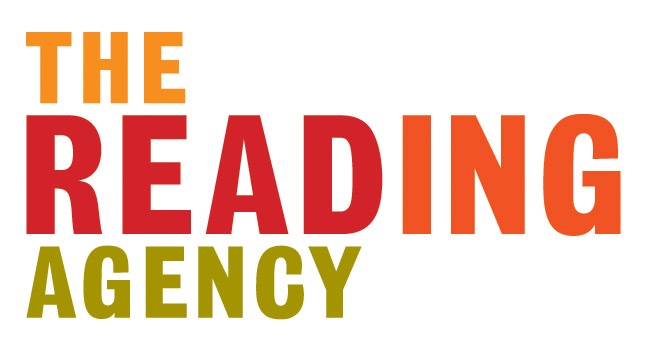 What did that even mean? I had opened it? Read the blurbs? The first line? It meant nothing. And more often than I would ever care to admit publicly, the strategy worked. I wonder what a journal of all the books I pretended, even if only for a desperate minute under frontline bookseller sales floor stress, to have read would look like.
What did that even mean? I had opened it? Read the blurbs? The first line? It meant nothing. And more often than I would ever care to admit publicly, the strategy worked. I wonder what a journal of all the books I pretended, even if only for a desperate minute under frontline bookseller sales floor stress, to have read would look like.
Apparently, I'm in good company.
According to a recent survey by the U.K.'s Reading Agency, an impressive 41% of respondents admitted they "will stretch the truth" when it comes to what, or how much they have read. "Men are the biggest culprits, with one in five (19%) admitting they'd lie about their reading habits in order to impress in a job interview. Other top scenarios are stretching the truth while on a date, when meeting the in-laws and on social media profiles." An impressive 64% of 18-24-year-olds confessed to lying about the number of books, or the kinds of books, they've read, with 25% saying they have "lied about reading Tolkien's Lord of the Rings, when they have in fact just watched the film."
"Fibbing about our reading habits is, apparently, more common than we realize," David Barnett wrote in the Guardian earlier this week. "So, why do we fib? Not for shame at not having read these books, but to impress people by pretending we have done.... Still, I find it strangely heartening that people are still lying about reading in order to impress others--it means reading is at least still impressive."
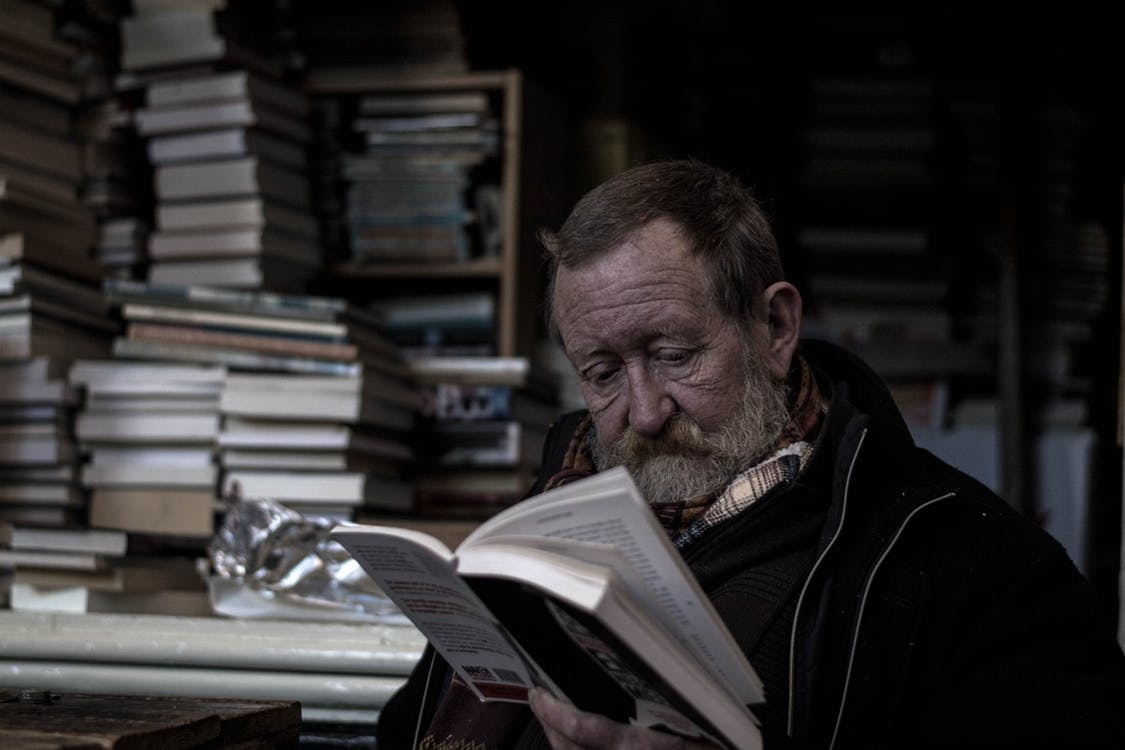 Even Barnett has fallen prey to temptation: "A few years ago, while working at a regional newspaper, I had to interview a local author about his self-published novel. It was a 500-page brick of a thriller with tiny, close type, a good third of which a professional editor would cheerfully have hacked out.
Even Barnett has fallen prey to temptation: "A few years ago, while working at a regional newspaper, I had to interview a local author about his self-published novel. It was a 500-page brick of a thriller with tiny, close type, a good third of which a professional editor would cheerfully have hacked out.
" 'What did you think?' the writer demanded. 'Oh, I loved it,' I blithely lied, having managed about two pages before it brought on a migraine. He then quizzed me on the finer points of the sprawling, outlandish plot, and the individual characteristics and motivations of the cast of thousands. By the end, I was so exhausted I might as well have read the damn thing. But I think I got away with it."
I think I got away with it.
There are probably worse mottos. I believe the line is from Dostoevsky's Crime and Punishment, though I can’t be certain since I read that novel (most of it anyway) a long, long time ago. Or did I?
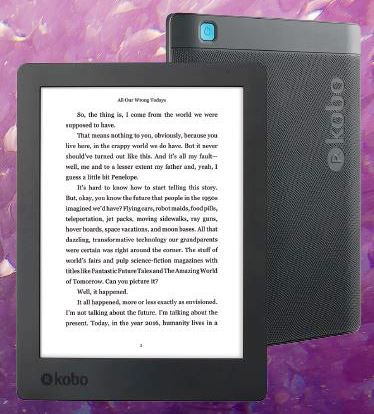





SHELFAWARENESS.1222.S1.BESTADSWEBINAR.gif)



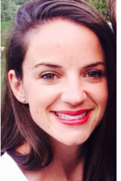
SHELFAWARENESS.1222.T1.BESTADSWEBINAR.gif)
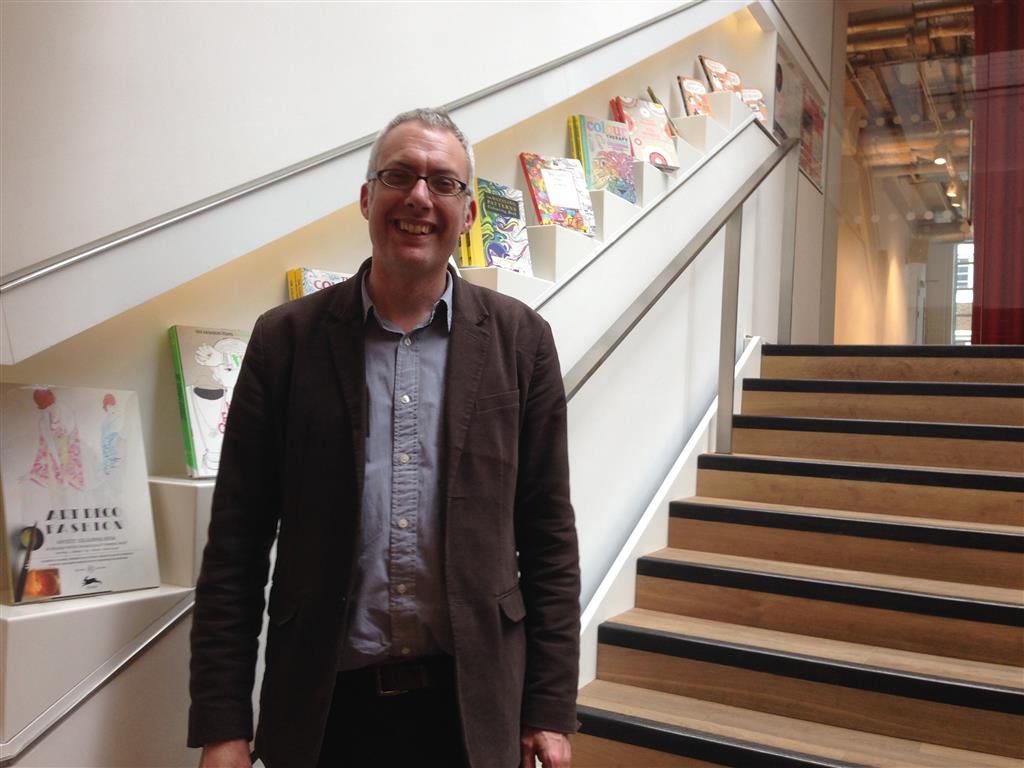 Siôn Hamilton, trading director at Foyles, has
Siôn Hamilton, trading director at Foyles, has 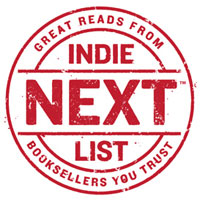 Yesterday, the American Booksellers Association's e-newsletter edition of the Indie Next List for May was delivered to more than a third of a million of the country's best book readers. The newsletter was sent to customers of 103 independent bookstores, with a combined total of almost 404,000 subscribers.
Yesterday, the American Booksellers Association's e-newsletter edition of the Indie Next List for May was delivered to more than a third of a million of the country's best book readers. The newsletter was sent to customers of 103 independent bookstores, with a combined total of almost 404,000 subscribers.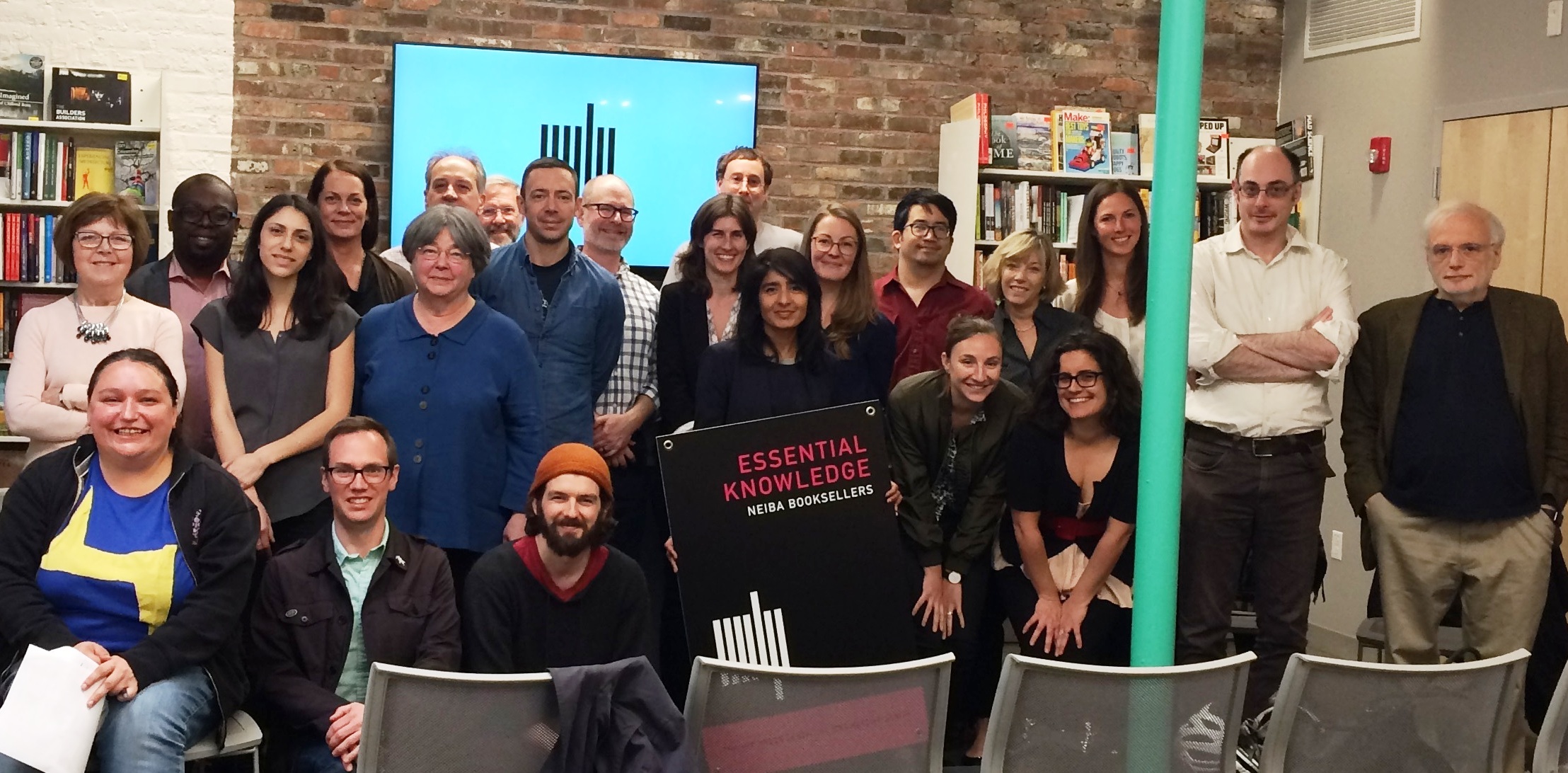 At a Wednesday open house, booksellers from a dozen New England Independent Booksellers Association member bookstores met with nine trade editors from the MIT Press at the new MIT Press Bookstore, which stocks books from the press as well as from other publishers. Pictured with MIT Press editors, booksellers and sales staff are booksellers from Harvard Book Store, Trident Booksellers & Cafe, Newtonville Books, Riff Raff, Porter Square Books, Brookline Booksmith and Wellesley Books. Photo: Emma Homsted
At a Wednesday open house, booksellers from a dozen New England Independent Booksellers Association member bookstores met with nine trade editors from the MIT Press at the new MIT Press Bookstore, which stocks books from the press as well as from other publishers. Pictured with MIT Press editors, booksellers and sales staff are booksellers from Harvard Book Store, Trident Booksellers & Cafe, Newtonville Books, Riff Raff, Porter Square Books, Brookline Booksmith and Wellesley Books. Photo: Emma Homsted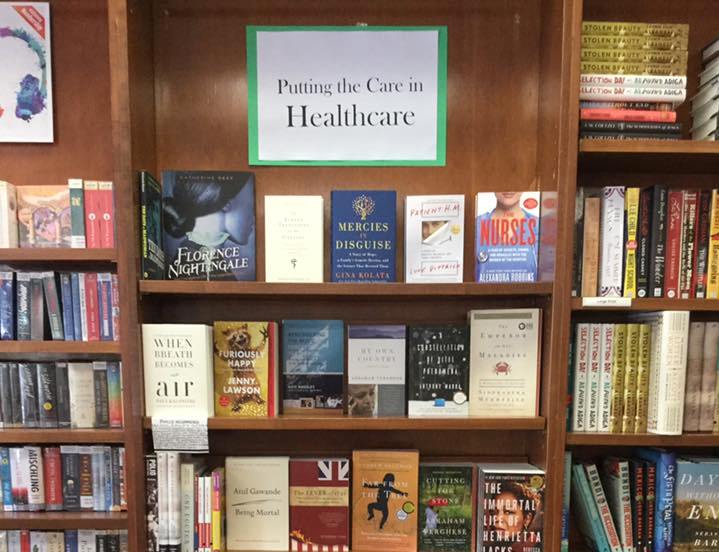 Last night,
Last night, 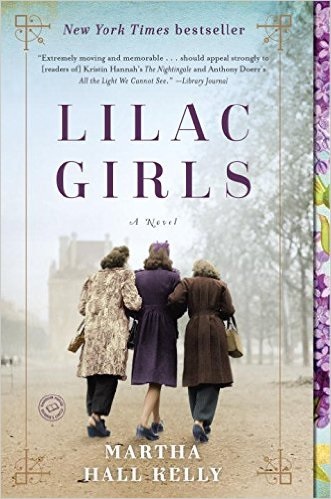 "Once again a weekend of leisurely reading has revealed a bit of history about which I knew nothing. All I can do is thank first-time author Martha Hall Kelly for this month's book buyer's pick, Lilac Girls.
"Once again a weekend of leisurely reading has revealed a bit of history about which I knew nothing. All I can do is thank first-time author Martha Hall Kelly for this month's book buyer's pick, Lilac Girls.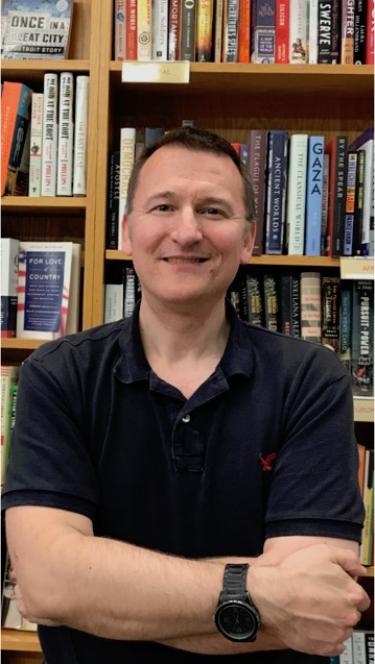
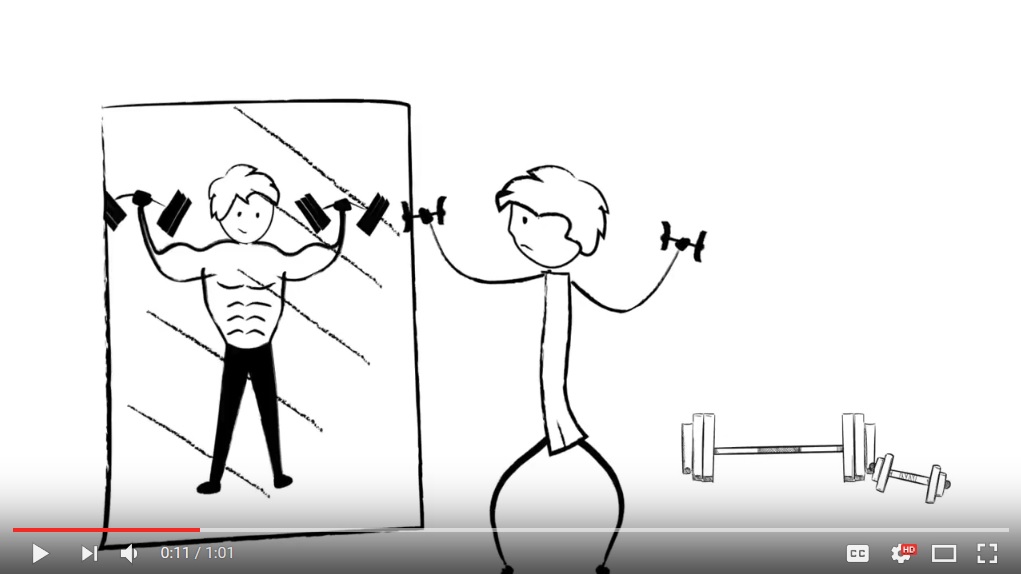 Insight: Why We're Not as Self-Aware as We Think, and How Seeing Ourselves Clearly Helps Us Succeed at Work and in Life
Insight: Why We're Not as Self-Aware as We Think, and How Seeing Ourselves Clearly Helps Us Succeed at Work and in Life
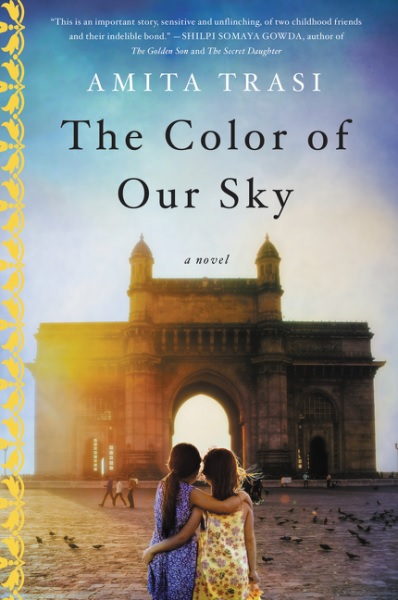 Book you're an evangelist for:
Book you're an evangelist for: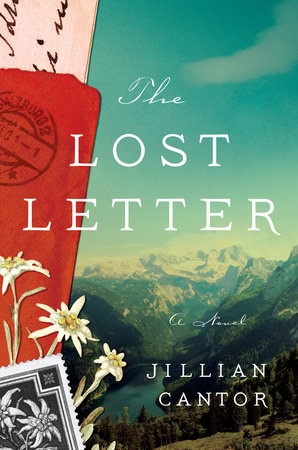 Katie Nelson never shared her father's passion for stamp collecting. But as she tagged along with him on countless Sunday-morning drives around Los Angeles during her childhood, she came to understand the reason for his never-ending quest--or so she thought. Their trips to yard sales, thrift shops and estate sales yielded hundreds of old letters and sheets of yellowed stamps, and Katie always imagined her father, Ted, simply loved the thrill of the hunt. However, when she moves Ted, now widowed, to a memory-care facility, she sorts through his collection and finds an intriguing item: an unsent letter with a highly unusual German stamp from the 1930s. Jillian Cantor (
Katie Nelson never shared her father's passion for stamp collecting. But as she tagged along with him on countless Sunday-morning drives around Los Angeles during her childhood, she came to understand the reason for his never-ending quest--or so she thought. Their trips to yard sales, thrift shops and estate sales yielded hundreds of old letters and sheets of yellowed stamps, and Katie always imagined her father, Ted, simply loved the thrill of the hunt. However, when she moves Ted, now widowed, to a memory-care facility, she sorts through his collection and finds an intriguing item: an unsent letter with a highly unusual German stamp from the 1930s. Jillian Cantor (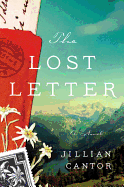
 "Since 1988, Pamela Paul has recorded the title and author of every book she reads in a battered notebook she calls her Book of Books--the eponymous 'Bob' of her engaging memoir, My Life with Bob: Flawed Heroine Keeps Book of Books, Plot Ensues," Newsday reported Wednesday to introduce
"Since 1988, Pamela Paul has recorded the title and author of every book she reads in a battered notebook she calls her Book of Books--the eponymous 'Bob' of her engaging memoir, My Life with Bob: Flawed Heroine Keeps Book of Books, Plot Ensues," Newsday reported Wednesday to introduce  What did that even mean? I had opened it? Read the blurbs? The first line? It meant nothing. And more often than I would ever care to admit publicly, the strategy worked. I wonder what a journal of all the books I pretended, even if only for a desperate minute under frontline bookseller sales floor stress, to have read would look like.
What did that even mean? I had opened it? Read the blurbs? The first line? It meant nothing. And more often than I would ever care to admit publicly, the strategy worked. I wonder what a journal of all the books I pretended, even if only for a desperate minute under frontline bookseller sales floor stress, to have read would look like. Even Barnett has fallen prey to temptation: "A few years ago, while working at a regional newspaper, I had to interview a local author about his self-published novel. It was a 500-page brick of a thriller with tiny, close type, a good third of which a professional editor would cheerfully have hacked out.
Even Barnett has fallen prey to temptation: "A few years ago, while working at a regional newspaper, I had to interview a local author about his self-published novel. It was a 500-page brick of a thriller with tiny, close type, a good third of which a professional editor would cheerfully have hacked out.